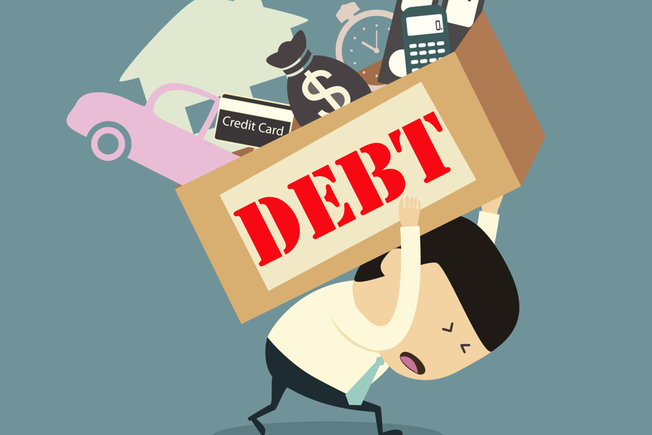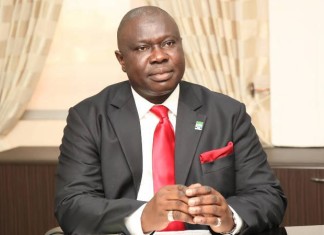Abuja credit facilities up 8%, private sector 0.72%, amid hike in interest rates
By Jeph Ajobaju, Chief Copy Editor
Credit facilities granted the federal government rose 8 per cent month-on-month (MoM) from N22.6 trillion in November 2022 to N24.6 trillion in December, as disclosed in figures newly released by the Central Bank of Nigeria (CBN).
Credit from the private sector grew 0.72 per cent from N41.5 trillion to N41.8 trillion.
CBN money and credit statistics show credit to both the government and the private sector amounted to a net N66.4 trillion in December, a 3.4 per cent jump versus N64.2 trillion in November.
The CBN raised Monetary Policy Rate (MPR) to 17.5 per cent from 16.5 per cent at its first Monetary Policy Committee (MPC) meeting in 2023, per Vanguard.
This increased interest rates on loans, resulting in more debt service payments for domestic loans taken by the government, the private sector, and individuals.
The MPC noted the continued resilience of the banking system, evidenced by improvement in Non-Performing Loans (NPLs) ratio from 4.9 per cent in November to 4.2 per cent in December 2022.
__________________________________________________________________
Related articles:
National debt increases to N44.06tr
Debt servicing rises to N1.17tr amid dwindling revenue
Nigeria’s Sukuk bond debt servicing rises 305% in one quarter
__________________________________________________________________
Buhari mounts up $40b national debt for his successor
External debt rose from $10.32 billion on 30 June 2015 to $40.06 billion on 30 June 2022, an increase of 288.18 per cent in the seven years of Muhammadu Buhari in the saddle in Aso Rock.
His successor will inherit the burden of servicing this debt and repaying the principal plus other loans he will obtain before he serves out his tenure on 29 May 2023.
Debt Management Office (DMO) data shows the federal government had $7.05 billion debt and the 36 states $3.27 billion in June 2015, which increased to federal ($35.5 billion) and states ($4.56 billion) in June 2022.
The debt included loans from multilateral sources such as the World Bank, African Development Bank (AfDB), and International Monetary Fund (IMF).
It also included bilateral loans from China, France, Japan, Germany, and India, as well as commercial sources including Eurobonds and Diaspora bonds.
External debt has ballooned as the naira has lost value, costing more to service loans, with the International Monetary Fund IMF disclosing naira depreciation equated to a loss of 10.6 per cent of its value every year since 1973.











